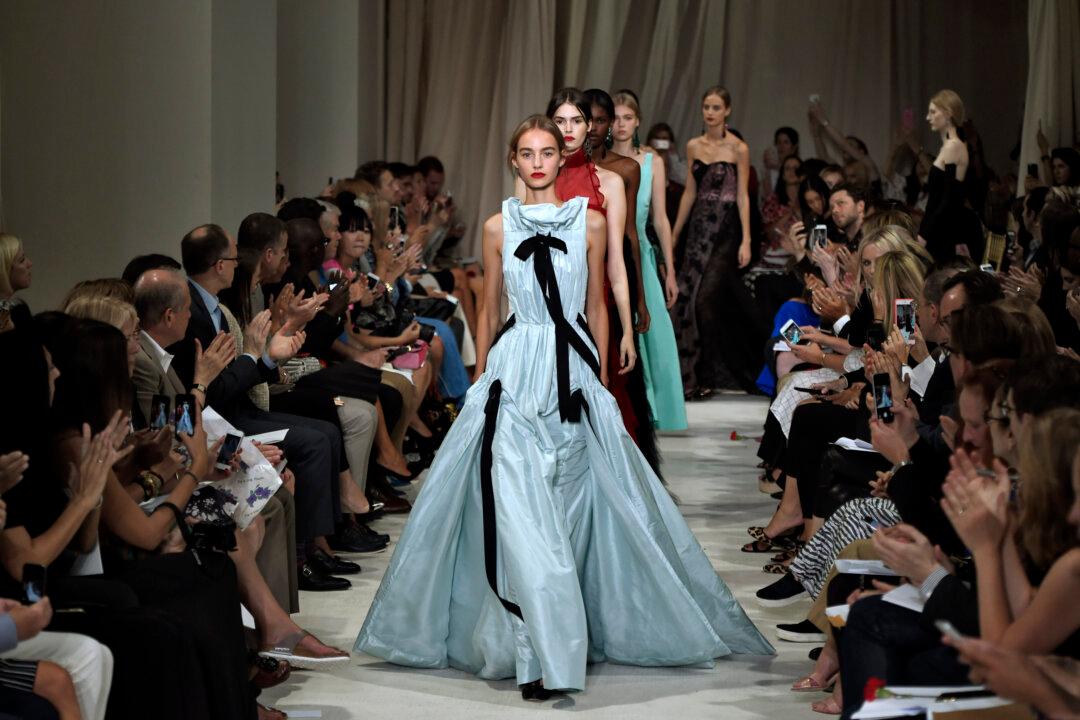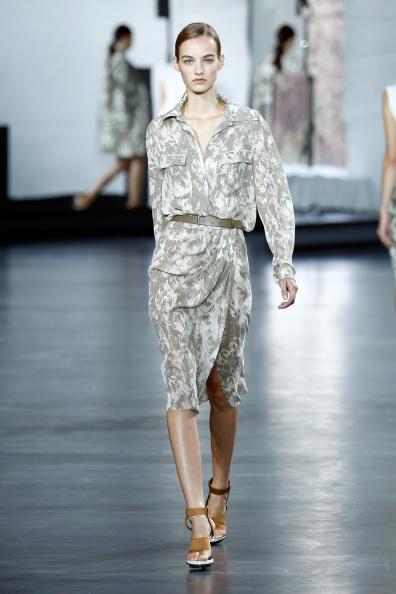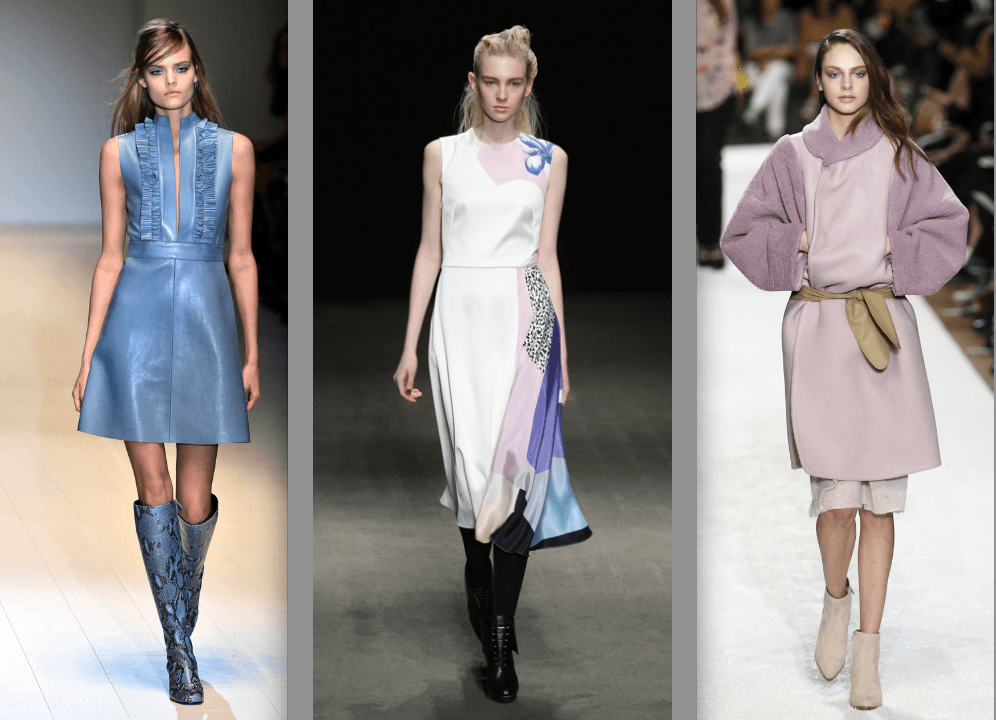NEW YORK—The First Annual World Fashion Forum took place on Friday, March 8, on International Women’s Day at the United Nations Headquarters.
The timing was appropriate as the fashion industry generates approximately $1.3 trillion per year globally and employs over 25 million people, according to UN Women. A majority of them are women in various roles such as artisans and designers, or in production and retail.
Fern Mallis, best known for creating New York Fashion Week, moderated a panel made up of leading women in fashion and leaders in the U.N.
“If I can get all the designers to work together in the world, maybe we can get all the countries to work together too,” said Mallis.
The dialogue centered on the private and public sectors working together to alleviate some of the world’s most pressing challenges around international gender equality and women’s economic empowerment.
Carolyn Hardy, head of Private Sector Relations, Strategic Partnerships Division at UN Women, thanked the fashion industry for being the force behind many impressive gains for women.
However, she urged that much more needs to be done “to ensure that women have their fair share of voice across the workforce and work conditions that are equitable, hospitable, and fair.”
Shocking Facts
Hardy provided the 500 attendees with a plethora of shocking statistics. For instance, there are only 20 women presidents or heads of state, and women hold less than 3 percent of the CEO positions in the largest 500 companies globally.
Even in 2013, according to Hardy, “Women own less than 2 percent of the world’s land and wealth.”
She encouraged the fashion industry to continue the fight for women because “it makes moral sense, and it makes social sense, and it makes good business sense.”
Fashion’s Universal Message
The fashion industry has a unique and powerful position to affect global change.
To put it into perspective, if it were a country, the fashion industry would have the seventh largest gross domestic product (GDP) in the world.
Fashion, perhaps second only to Hollywood, is best slated to delivering messages in the form of a story that people around the world can understand.
On a global stage, fashion is “an industry built on creative expression, on powerful communication, and on emotional resonance with its consumer,” said Pauline Brown, chairman of LVMH (Louis Vuitton Moët Hennessy) North America.
Fashion is also a strong ally for women because, other than the ongoing topic of body image, there is no topic too taboo for the industry to tackle or rally against, including trafficking and violence against women.
Stephanie Winston-Wolkoff, inaugural director of Fashion at Lincoln Center, argued that fashion, when compared to many other industries, has been at the forefront of leading difficult conversations with the public.
She noted, “Fashion has a unique ability to find that one beautiful element in the most terrible of situations and communicate the message in a way that people will listen.”
Educating the Consumer
The issue of education was a recurring one during the discussion. In particular, the focus was on the education of consumers to know and demand more information about how products are made and how people are employed.
Brown demanded more transparency and regulation in fashion around sourcing, manufacturing, and labor practices.
“We won’t buy a car without understanding a little about the mechanics, [and] we certainly don’t eat food without knowing there’s an ingredient label,” she argued.
Brown cited examples of companies such as EDUN (part of LVMH), TOMS, and Maiyet, which have been transparent in the way they do business and authentic in their commitment to change.
Photographer Indrani Pal-Chaudhuri spoke of her role in working with the world’s leading luxury brands and publications to make their products look beautiful and to sell a dream.
However, she challenged the industry to hold itself to new standards of luxury and perhaps even redefine luxury, stating, “The highest form of luxury should be for those items that help rather than harm.”
Rob Broggi of Industrial Revolution II, a socially responsible apparel manufacturing business in Haiti, garnered the greatest applause from the guests at the General Assembly when he declared, “The biggest impact the fashion industry can have on women globally would be through more responsible and ethical sourcing initiatives.”
He challenged the panelists and fashion industry as a whole to band together to demand higher standards for those workers, thereby having remarkable impact on women globally.
LVMH made clear its desire to continue a dialogue with the U.N. to help answer some of the issues facing women globally with concrete solutions.
“That’s why I’m here,” Brown stated when asked if corporations were ready to listen and work together with mission experts and policy makers.
Brown summarized her commitment by saying, “It’s one planet, and we all ought to be in it for the long term.”
Pialy Aditya is an entrepreneur and adviser in the New York fashion tech scene. She partnered with the Global Millennium Development Foundation to develop the World Fashion Forum held at the United Nations. Follow her on Twitter @pialyaditya



